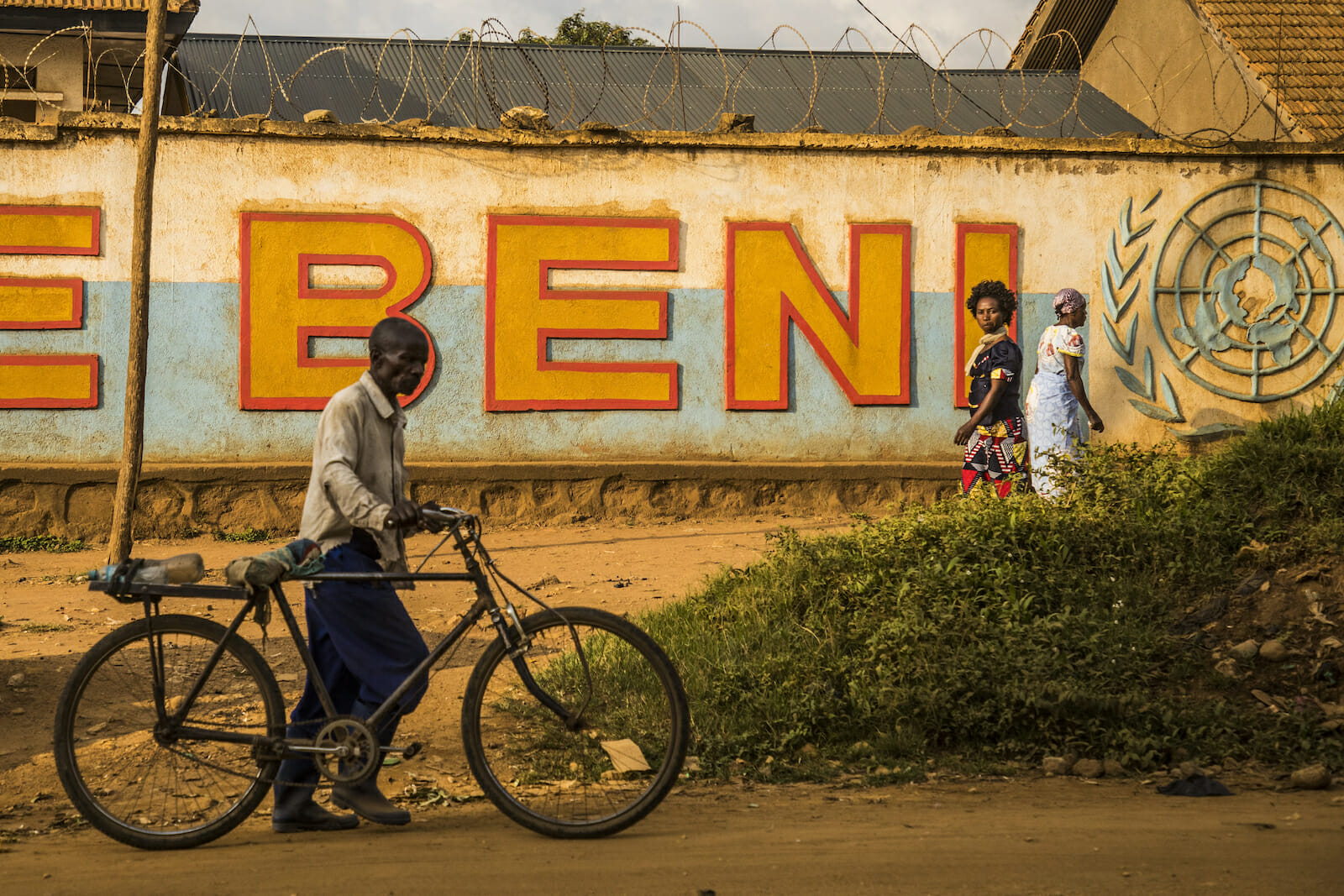
The U.S. versus the Democratic Republic of Congo on COVID Management
Having just completed a week-long visit to the DRC, I was struck by how well it has established protocols for managing COVID-19 when compared to the U.S. The comparison is a testament to how well most other countries in the world are managing the spread of the pandemic versus how poorly the U.S. continues to do so. There are many lessons to be learned in the process.
During my stay in Kinshasa, everyone I came into contact with wore masks. Before I could enter my hotel, my temperature was taken, my hands were sanitized with hand sanitizer, and I was required to walk through an enclosed space that sprayed a mist of disinfectant on me – every time I entered the hotel. Every government or commercial building I entered checked my temperature, sanitized my hands, and some also required me to pass through an enclosed space that sprayed disinfectant on me.
Contrast this experience with what is commonplace in America. In my state of Connecticut, although there has been a mandatory mask law since April, some people choose to wear them and others do not. Nationally, of course, there is great variation about the official approach to mask-wearing. Some establishments offer hand sanitizer, others do not. I have never seen a disinfectant spray being used anywhere upon entering a commercial establishment. Virtually no business checks one’s temperature before entering.
I was required to obtain a COVID test three days before boarding the plane to Kinshasa. If I had tested positive, I would not have been allowed to board the flight. On the flight (on Turkish Airlines), our temperature was taken before we boarded, masks were required on the flight, and anyone who did not wear a mask was sternly told to do so. Upon arrival in Kinshasa, I had to prove that I had taken the test, providing the written result to authorities before being allowed to collect my bags.
Contrast this with my experience returning back to the U.S. I was not required to take a COVID test in advance of boarding the plane, there was no enforcement of the mask-wearing rule on the plane, and upon arrival I was not asked any questions about where I had been, whether I had been tested, or whether I had any symptoms. No one at the airport even took my temperature. I was allowed to simply pass through customs and passport control as if I were invisible – 6 months after this pandemic erupted.
In Istanbul and Kinshasa, the result of COVID-19 tests are available within 24 hours – for anyone with or without symptoms; in America, it can take up to a week and most states require that one has symptoms before being permitted the privilege of taking a test. In Turkey and the DRC, there is a single, mandatory, unified response to combatting the virus; in America, it might as well be 50 different countries. The DRC has about 10,000 confirmed cases of COVID and a little more than 200 official deaths – in a country of more than 90 million people. America has nearly 6 million cases and 180,000 deaths.
Some of the difference is no doubt attributable to the multiple battles with Ebola that the DRC has fought. The citizens of the DRC are used to wearing masks and doubling down on good public hygiene. If this poor country with extremely limited resources can get it right, there should be absolutely no reason why America cannot and will not.
America’s approach to “managing” this virus is a failure at the federal, state, and local levels – but also a failure of Americans to demand more from their government and themselves in this battle of a lifetime. The DRC understands well that good COVID-19 protocol is for the good of each individual, each community, and the nation. Americans appear to lack universal concern about themselves, other citizens, and the nation. America leads the way in many areas, but in this fight, it continues to fail miserably, at great cost to the nation and the rest of the world. America can learn a lot from the DRC and countries like it that take this fight seriously and are winning the battle.
This article was originally posted in the South China Morning Post.
